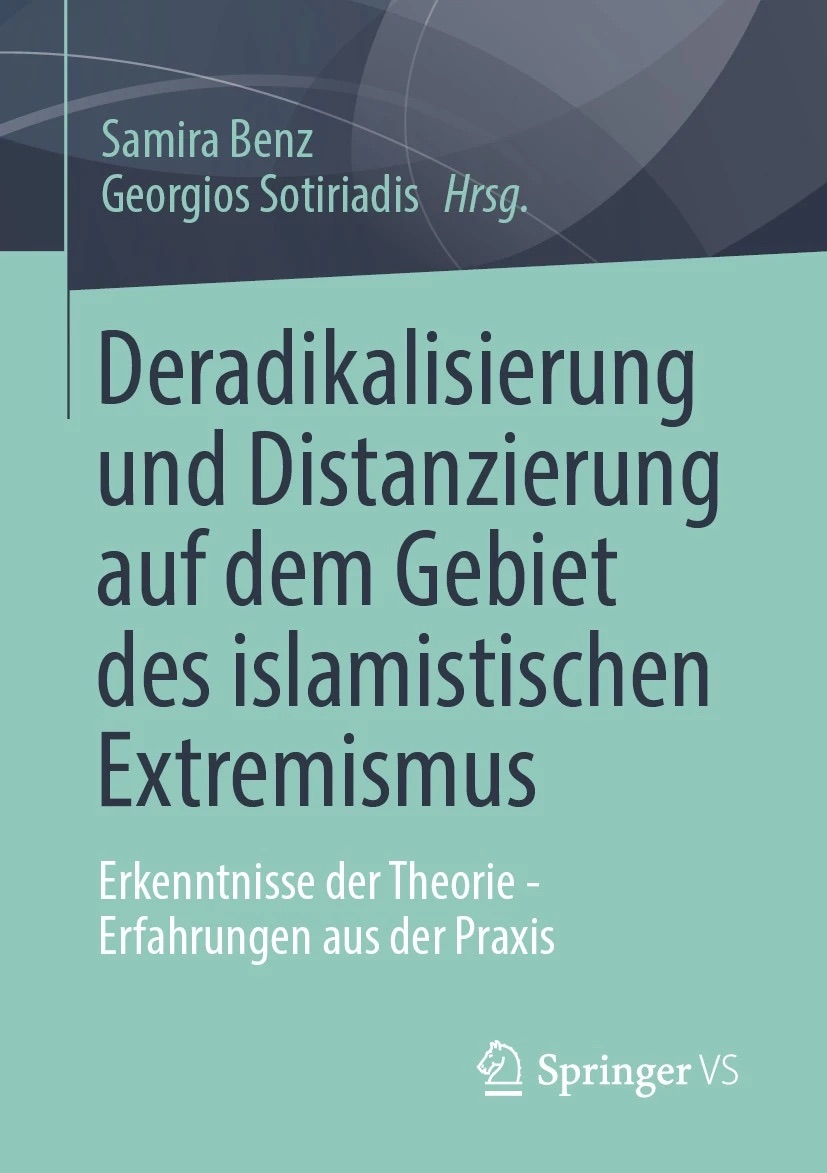Other Authors
Marcus Kober.
Abstract
Regarding disengament and deradicalization measures in the area of Islamist extremism, there is a particularly pronounced societal interest in findings about the effectiveness of and the quality management in the measures taken. Moreover, there is a widespread lack of empirically validated evidence on how processes of deradicalization and disengagement take place in detail and how they can be positively influenced. As a result, there is a great need to conduct evaluations with different epistemological interests. Despite the high significance attached to the evaluation of measures, especially in the field of indicated prevention, they are still rare or at least rarely published. The lack of empirical findings can be attributed to various structural obstacles and methodological problems, but also to differing objectives and expectations of corresponding studies. The article describes specifics of indexed extremism prevention that complicate – or might enable – impact-oriented evaluations. The article concludes with a description of the different expectations of prevention practitioners and security authorities and suggestions for dealing with these particular challenges.
Full Citation:
Kober, M., & Junk, J. (2023). Evaluation in der Distanzierungs- und Deradikalisierungsarbeit. In S. Benz & G. Sotiriadis (Eds.), Deradikalisierung und Distanzierung auf dem Gebiet des islamistischen Extremismus (pp. 431–445). Springer VS, Wiesbaden. https://doi.org/10.1007/978-3-658-39807-1_22


